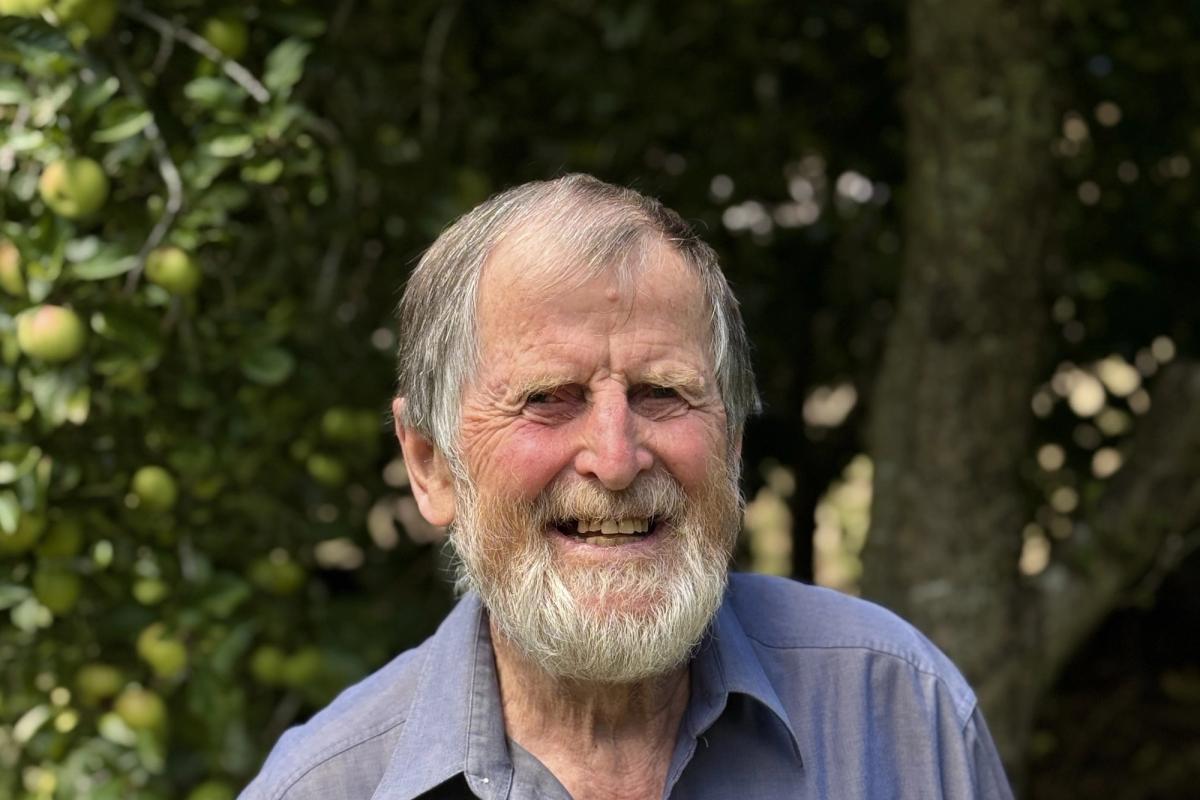About Prout Research Aotearoa NZ
Prout Research Aotearoa NZ is part of a world-wide movement, inspired by the Indian philosopher Prabhat Ranjan Sarkar’s holistic socio-economic Progressive Utilisation Theory (PROUT). First propounded in 1959, PROUT radically extends economic theory by explicitly recognising that the universe of which we are a part, is comprised of the physical, the mental and the spiritual dimensions.
Information about PROUT can be readily accessed from the Proutist Universal website www.prout.info
The Post Capitalist Aotearoa conference is the first of what is intended to be ongoing events reflecting our commitment to systemic change – change that sees us moving together.
About the organizer

In 1991/92, as a Churchill Fellow, Bruce studied the habilitation of offenders. His report to the Churchill Trust Board, The Habilitation of Offenders – An Experiential Study, was published by the Mental Health Foundation in 1993. He also served as a Trustee in the establishment of the Nelson Restorative Justice Trust.
Bruce’s interest in P.R. Sarkar’s Progressive Utilisation Theory (PROUT) led him to help establish the Nelson Enterprise Loan Trust in 1997. Before its closure in 2022, the Trust issued 298 loans—averaging $8,500 each—to small businesses in the Nelson and Tasman regions, with all investors fully repaid.
In 2005, he co-founded Vistara, a resource centre for Proutists, and a yoga and meditation retreat located on a three-hectare property in the Motueka Valley.
Bruce completed a Master of Philosophy degree through Auckland University of Technology in 2017. His thesis explored the potential for implementing self-reliant policies within the Nelson regional economy.
He has organized several national and international conferences, including Beyond Capitalism (Wellington, 1998), Reclaiming APEC (Auckland, 1999), Globalisation or Localisation (Wellington, 2001), and the Social Forum Aotearoa (Porirua, 2003).
Bruce Dyer advocates for a transition from materialistic economic systems to models that prioritize holistic well-being. He envisions a society where essential needs are guaranteed for all, and large corporations function as cooperatives to reduce inequality.

Why end capitalism

